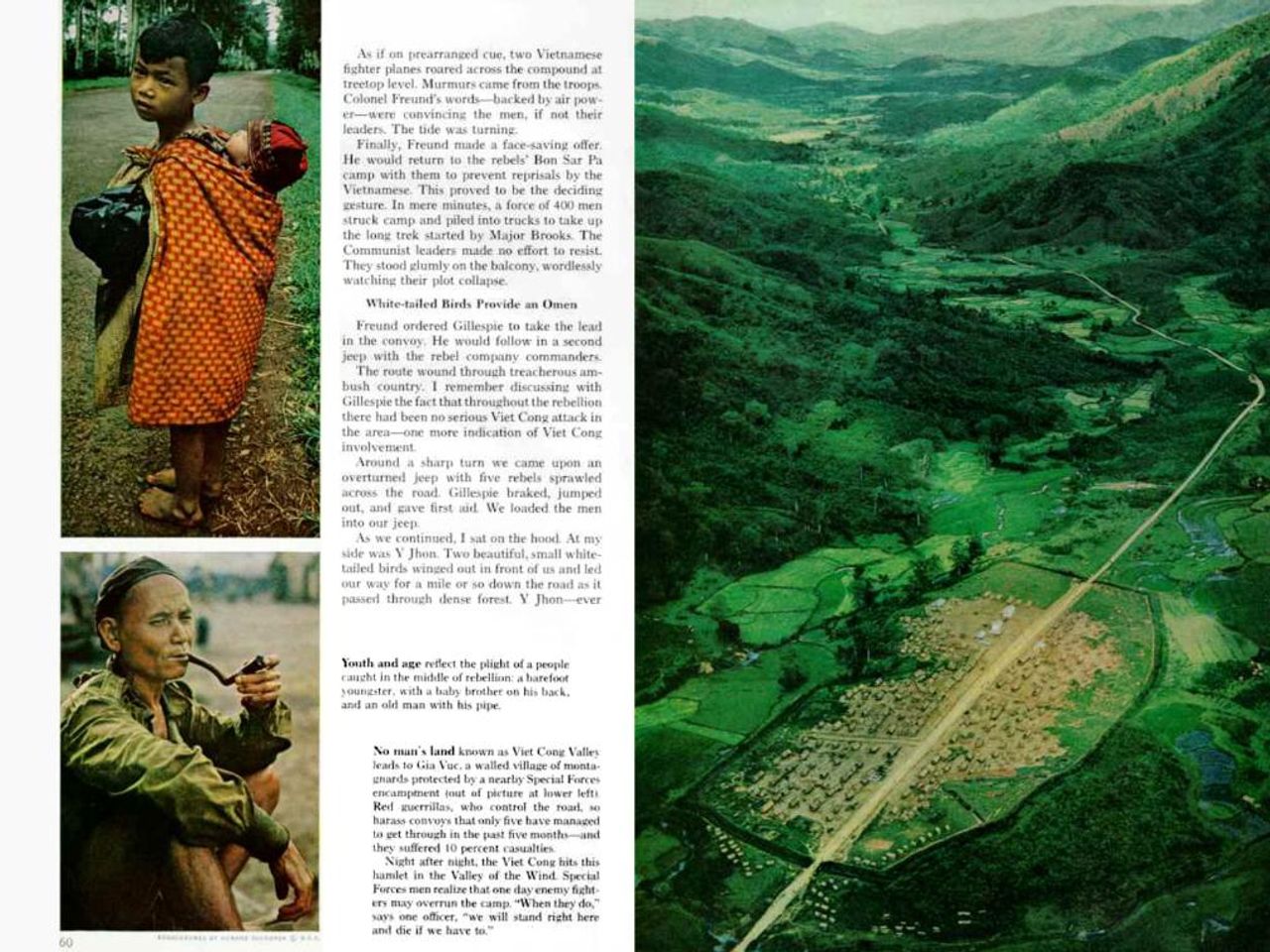Severe fire danger with temperatures soaring to 38 degrees Celsius.
The Portuguese Institute of the Sea and Atmosphere (IPMA) has proclaimed numerous municipalities across mainland Portugal as posing a significant fire risk. These include Pampilhosa da Serra in Coimbra, Lagos, Portimao, Monchique, Silves, Loule, Tavira, Saõ Bra´s de Alportel, Alcoutim, and Castro Marim in Faro. According to the IPMA's assessment, the fire risk remains high in certain districts until at least Monday.
Ipma's risk assessment is determined by factors such as air temperature, humidity, wind speed, and recent precipitation. The agency predicts temperatures above 33-35°C in most of the country, coupled with northerly winds and humidity levels below 30%.
In light of this, the Portuguese National Authority for Emergency and Civil Protection (ANEPC) has issued a warning for the districts of Bragança, Évora, Guarda, Faro, Vila Real, Setúbal, Santarém, Lisbon, Beja, Castelo Branco, Portalegre, and Braga, until 9 pm on Friday.
Local residents are advised to adhere to behavioral adjustments considering the higher fire risk. The Special Rural Firefighting Unit (DECIR/25) has been activated, with around 8,900 operatives mobilized, supported by over 1,800 vehicles, and 33 aircraft.
To minimize the risk of rural fires, landowners and managers are encouraged to clear their properties promptly, taking into account safety conditions and fire hazard levels. Clearance or fuel management works are subject to prior authorization from the municipal civil protection authority on days classified as having very high or maximum fire danger, ensuring stringent safety protocols are adhered to.
Despite the heatwave, the Health Department recommends preventive measures such as regular water consumption and abstaining from alcoholic beverages. With fire safety and prevention measures in place, the adverse weather conditions are expected to be navigated effectively.
- Given the high fire risk declared by IPMA and the heatwave conditions predicted (temperatures above 33-35°C, northerly winds, and humidity levels below 30%), it is crucial for environmental-science students in Portugal to be aware of the impact of weather patterns on wildfires.
- As the Portuguese government appeals for behavioral adjustments to minimize the risk of rural fires, it is essential for scientific research in Portugal, particularly in the field of environmental-science, to focus on strategies for mitigating the effects of extreme weather events on the environment and local communities.








